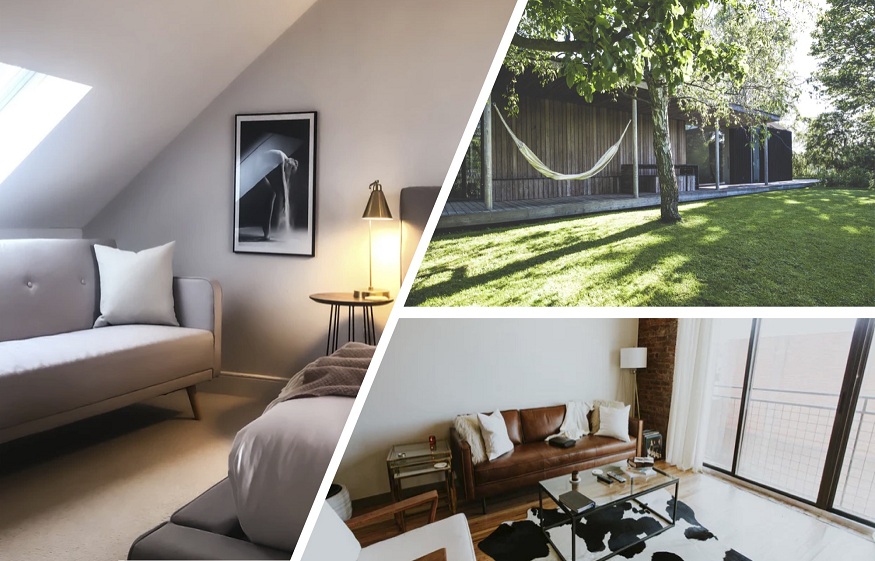With the cost-of-living crisis stretching people’s finances more than ever, many of us are finding ourselves looking for extra cash wherever we can get it. While it can be a scary prospect and one that a lot of people would want to avoid at all costs, more and more of us are renting out our spare bedrooms to increase our monthly incomes.
Your lodger could be a friend or a complete stranger, but either way, you will have to share your entire house with them including spaces such as your kitchen and bathroom.
What do I have to do to let out my room?
There are a variety of ways in which you can let out a spare room. How you want to let out your room is entirely up to you. If you only want to let if for a certain time, you can do this. It is also possible to just let out your room during the week by using monday to friday .com. Air bnb can be used for shorter tenancy periods whereasfor a more permanent tenancy, spareroom.com is a good site to use.
Alternatively, if you do not wish to advertise through the internet, you could put an ad out in a local newspaper or spread the word through friends.
What are the Benefits of Letting Out Your Spare Room?
The rent a room tax relief is a government incentive for people to let out rooms in their homes, offering landlords and live-in landlords up to £7,500 tax free for renting out a spare room in their property. To qualify for this, you need to let out part of property, but this cannot be a self-contained flat. You don’t even need to own your home to be eligible, as long as you have your landlord’s permission.
Letting out just a room as opposed to a whole property is much easier in terms of the legalities and paperwork involved.
Another benefit can be the added company. If you live alone, it can be a good way to meet new people and avoid loneliness.
What are the Disadvantages?
When taking on a lodger, as you’ll be sharing your amenities, you will need to ensure that utilities such as cookers and boilers are safe, and that the general standard of your home is up to scratch. You may need to get a tradesman to come and do any necessary repairs, which could be costly.
Unless you have agreed to split the cost of energy bills, your bills will noticeably increase due to the extra activity taking place in your home.
Sharing your private spaces with someone else might also come as a shock, especially if you’re not used to it. Having someone else use your bathroom/kitchen when you want to use them can be awkward and the source of potential conflict.
Similarly, it is entirely possible that you will not get on at all with your new housemate, which can make life rather unpleasant. It can be hard to get rid of people if you have signed an agreement with them, so it can often be a risk as to whether you will get on or not.
Security risks will also increase with having another person in your property that you don’t know well. You should do thorough background checks to ensure your lodger is reliable and doesn’t have a sketchy past. Even if your lodger themself poses no risk, there is always the possibility that they may accidently leave doors and windows unlocked and may make it easier for burglars to gain entry.
Should You Let Out Your Room?
Letting out a room in your home obviously doesn’t come without its downsides. While you are certainly likely to benefit financially from having a lodger, you have to give up much of your space and privacy, which for some people can be a deal breaker. It is often down to how much of a people person you are and whether you’d appreciate the company or not. The lodger themself can also play a big role in whether letting out a room will be a success, and the extent to which you get on, meaning you should do plenty of research into them before agreeing to anything.
This article was written by an online estate agent House Sales Direct. If you wish to sell your house fast and for free, then head over to the House Sales Direct website for more property related information and enquiries.




